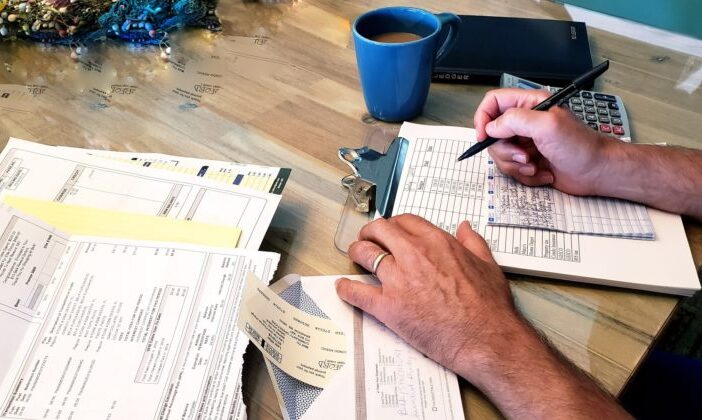
If you receive benefits through the federal Supplemental Security Income (SSI) program, the Social Security Administration (SSA) can check your bank account. They do this to verify that you still meet the program requirements. SSI is resource-specific and reserved for disabled people with limited means. That means you qualify for the program because you have limited resources. If your resources exceed the program’s limits, you no longer qualify.
On the other hand, if you receive disability benefits through the Social Security Disability Insurance (SSDI) program, the SSA won’t check your bank account. Individuals qualify for SSDI based on their work history.
Claimants who receive SSDI or SSI will be subject to ongoing eligibility reviews.
Resources Under the SSI Program
To qualify for SSI, you’ll need to verify that your resources do not exceed allowable limits. Individuals cannot have more than $2,000 in countable resources and couples cannot have more than $3,000. Certain assets (a personal home, vehicle and household effects) are excluded. For more information about resources, visit the SSA’s spotlight on resources.
SSI defines resources as things you own such as cash, bank accounts, stocks, savings accounts, U.S. savings bonds, land, life insurance, personal property, vehicles and anything else you own which could be changed to cash and used for food or shelter.
In addition to the above, SSI has a category of resources called “deemed” resources. A deemed resource is a portion of the resources of the potential claimant’s spouse, parent, parent’s spouse, sponsor of an alien, or sponsor’s spouse. These rules are in place to prevent fraudulent transfers of resources among parties.
Most children under the age of 18 don’t have accumulated resources since they live with their parents. That’s why there are different rules that apply to children’s claim.
If a child under age 18 lives with one parent, $2,000 of the parent’s total countable resources does not count. If the child lives with 2 parents, $3,000 does not count. Social Security counts amounts over the parents’ limits as part of the child’s $2,000 resource limit.
For more information about resources or SSI, you can read our blog post about the topic here.
How SSA Verifies Your Resources
In 1999, Congress granted authority to the Social Security Administration to verify financial accounts. This measure helps SSA verify that SSI recipients do not have financial resources above the eligibility limit.
In 2003, the SSA exercised this authority by adopting regulations that required claimants to give the SSA permission to contact their bank. If claimants do not give SSA permission to contact the financial institution they choose, they will not be eligible for the program.
To verify resources, SSA uses an electronic system that verifies bank account balances to determine if claimants are eligible for SSI. In addition, SSA’s system searches for accounts geographically near the SSI applicant or beneficiary. If a claimant fails to report a account, they will find it. It’s never a good idea to hide any resources.
Best Practices for Maintaining Eligibility for SSI
In general, it’s a good idea to review your resources with a qualified disability lawyer before you apply for SSI. This will help you avoid surprises and overpayments in the future.
In addition, if you exceed the resource limit and SSI performs a review, they may garnish any overpayments sent your way. If your resources grow to the point that you are no longer eligible for SSI, it is a good idea to put aside and save any additional SSI payments so the funds are available in future when SSA reviews your claim.
Finally, whenever possible you should maintain a separate bank account. SSA’s system looks at the total amount of resources in the account, even if those resources aren’t technically yours. But do remember that if you’re married, SSA also considers your spouse’s resources, whether you share an account or not.
Disability Lawyers Near Me
If you are considering filing for SSI or SSDI or have additional questions about your claim, we’d be happy to help. We serve claimants throughout North Carolina, contact us today for a free consultation.



